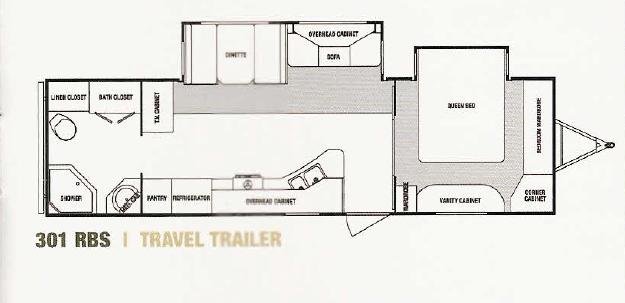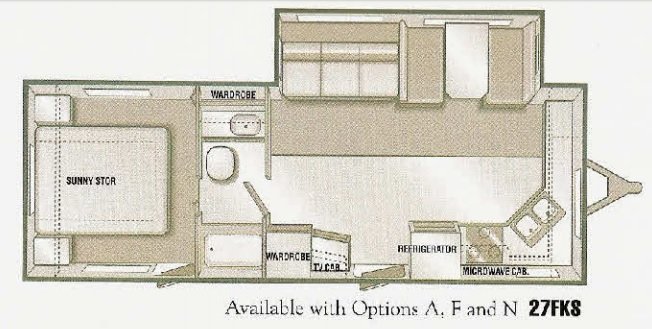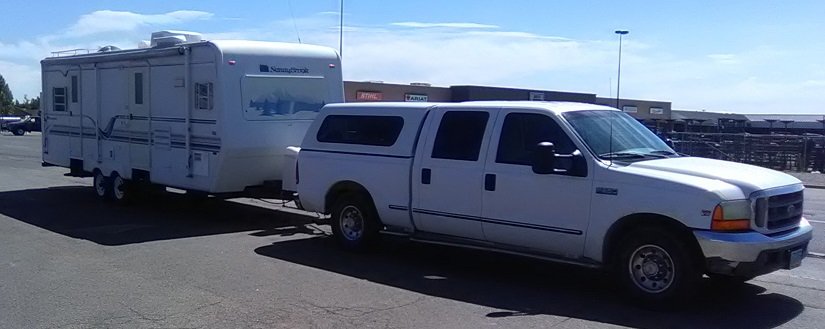Rvtravelers
Member
- Joined
- Sep 28, 2018
- Posts
- 23
Hello,
My wife and I have been looking at getting a different camper. We currently have a 24 ft hybrid but want one with a walk around bed. My TV is a 2015 ram with 5.7 hemi. I have looked at several that I can tow but am concerned about towing one that is to long. Any recommendations would be appreciated.
My wife and I have been looking at getting a different camper. We currently have a 24 ft hybrid but want one with a walk around bed. My TV is a 2015 ram with 5.7 hemi. I have looked at several that I can tow but am concerned about towing one that is to long. Any recommendations would be appreciated.



